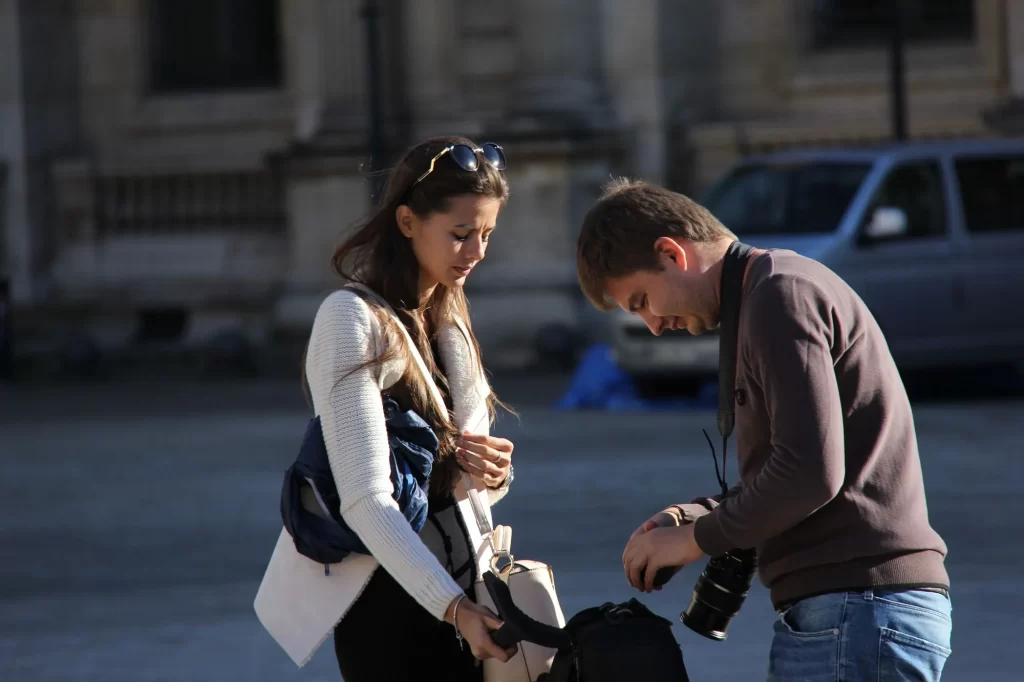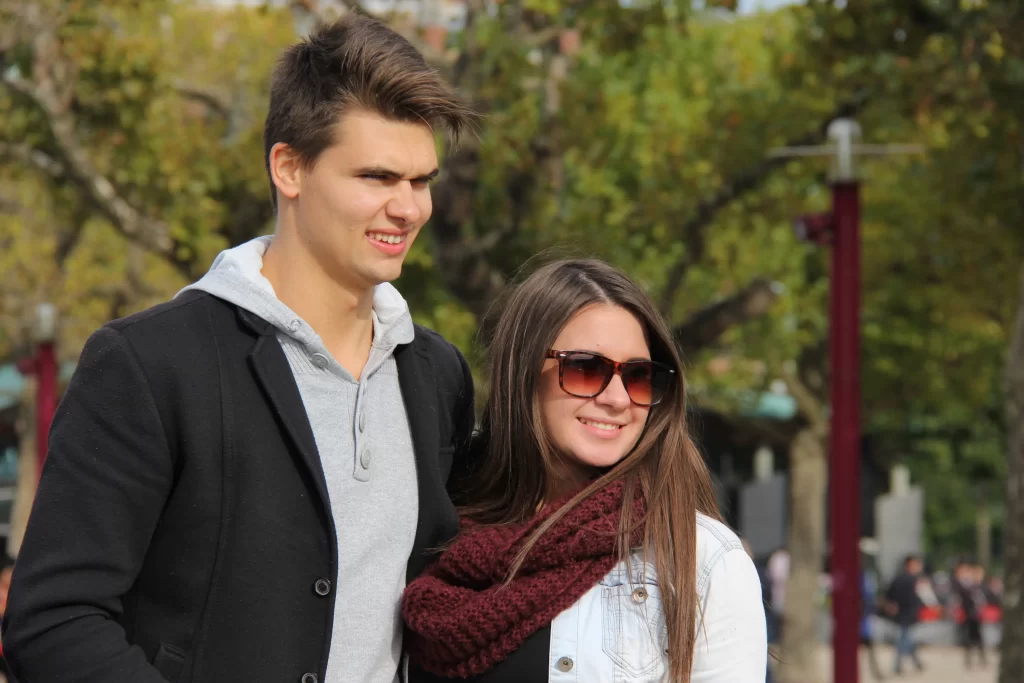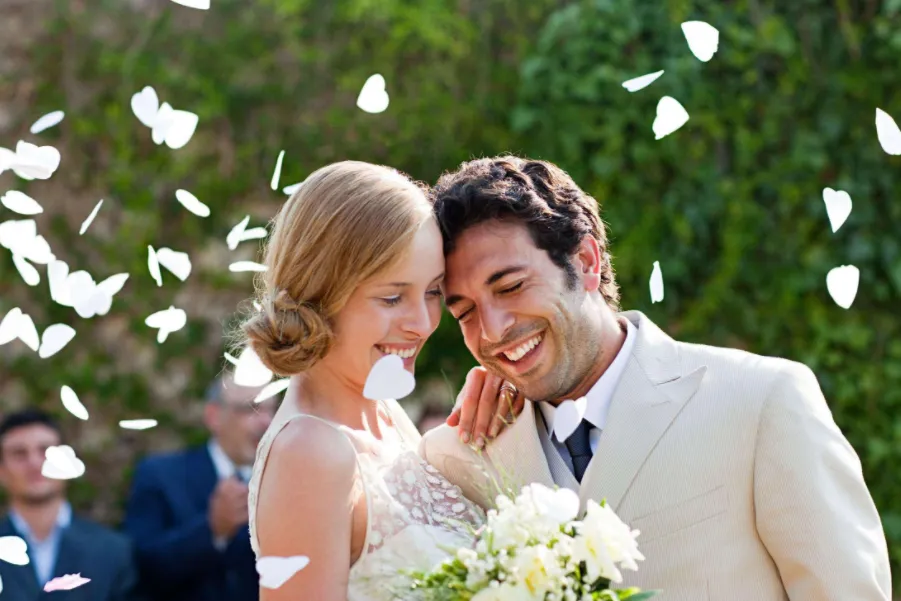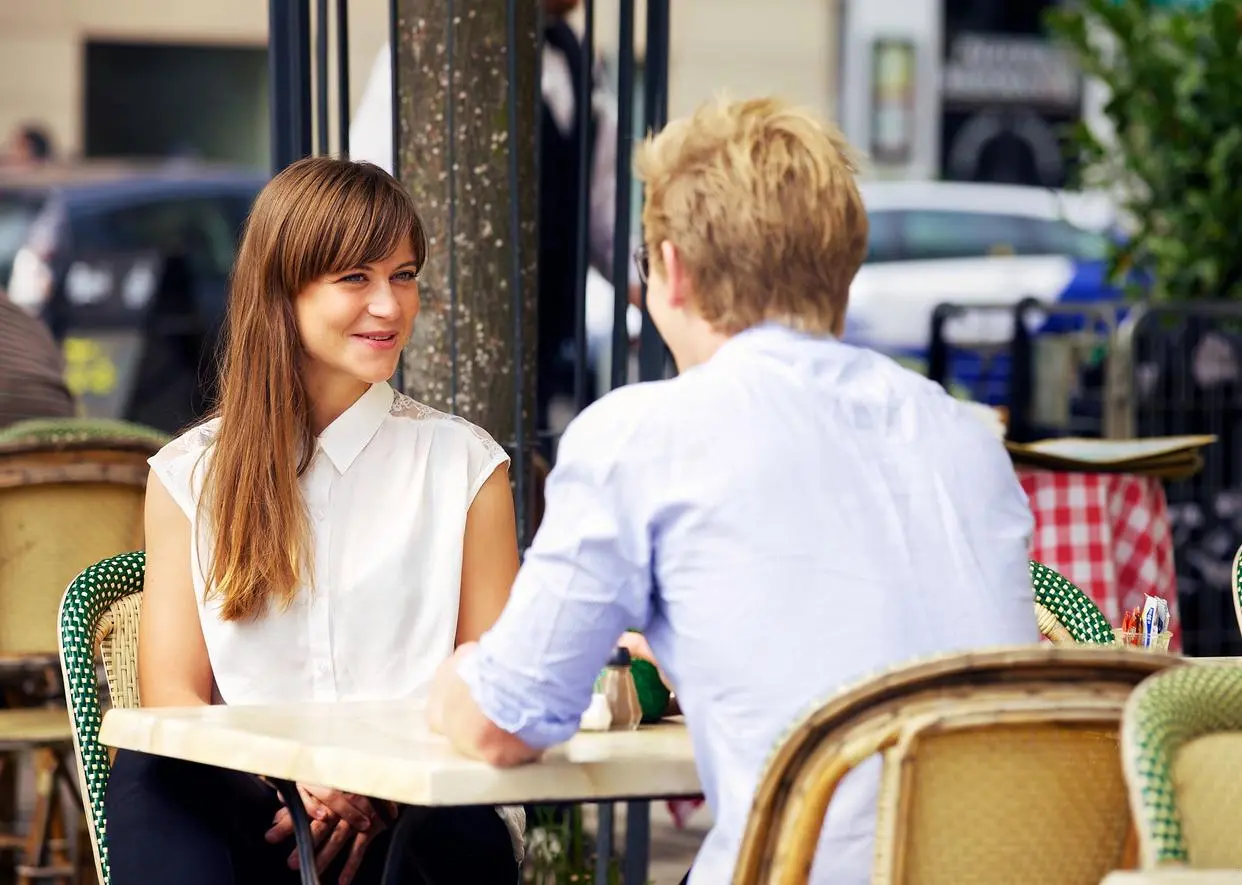I read that by the end of 2024, the number of urban pets in the United States will probably exceed the
number of human infants under the age of four, and by 2030, there may be twice as many infants.
I’ve heard the saying that people today love pets more than they love people.
In this way, pets are taking over the role of companions and even babies.
Why? We scoured social media for stories about people and their pets, hoping to pick up some tidbit.

Some people say that the ideal relationship is like a person and a pet.
They don’t complain about coming home late, have no material demands, forgive immediately, and never
carry baggage from the past or worry about the future. For a pet, everything is new and wonderful, and all
love deserves to be entertained and given positive feedback.
Psychologist Teri Wright said: ‘The love a pet can give you is unconditional. You don’t have to be overly
inhibited or influenced by the presence of a pet.’
No matter how imperfect you may be, a pet’s love is constant. This unconditional love is one of the defining
characteristics of a human-pet relationship, but it is one of the most difficult to achieve between people.

Modern social relationships are often plagued by needs, expectations and conditions, and interactions are
often made up of “if-then” : “If I treat you well, will you do the same?” “If I am willing to give, will you give
back?”
In this constant “accounting” interaction, love seems to become an exchange. And when we admit that
love is conditional, it means that we have to prove ourselves worthy of love before we can be loved in
return.
Although most of us don’t try to, we often get caught up in a cycle of proving ourselves worthy — we get
caught up in a logic that says: As long as we are good enough, we can get unconditional love, but the truth
is, most people with this kind of logic also develop a strong sense of “unworthiness” and rely on repeated
validation and reactions to verify that they are good enough to still be loved.

Pets, on the other hand, break out of this logic entirely. Their love doesn’t have to be proven, you don’t
have to meet a certain standard to “deserve” their love — it’s the kind of low-need love that helps us find
long-lost security, without any social pressure, the burden of emotional exchange, and they show us what
emotional connection looks like at its most relaxed and direct.
We love our pets not just out of a need for companionship but as a reflection on the overload of modern
relationships. In a way, pets are becoming an emotional substitute for that “low maintenance”, a respite
from the complexities of our relationships.
And what lessons do we learn from this unconditional love?
Think of a book, “Being the Person Your Dog Thinks You Are: The Science of a Better You,” which means
— to be the person your dog thinks you are.
How do you look to your pet?
You can go back to the first few scenes mentioned, or you can scour social media for moments with your
pet. Many will tell you that you mean the world to your pet and deserve all their love.

Trust and dependence are at the heart of an intimate relationship, and they are often the hardest parts of
complex social relationships to deal with.
This is especially true for those who have experienced trauma in the past.
But when it comes to pets, this kind of trust and dependence can be easily established.
In the movie Bob the Stray Cat, which is based on a true story, when the protagonist James is sinking in
the abyss, he meets Bob the stray cat. When he left home at a young age and had no support from his
parents or friends, Bob gives James unprecedented companionship and love, which makes him want to
live.
Because of Bob’s persistence, James begins to re-evaluate his life and gradually become responsible and
caring for people (cats). And because of his commitment to James, Bob and James eventually move into
a new life.
In this relationship, we see the most basic emotional needs — to be needed, to be trusted, to be accepted
— dissolved in their trust and dependence on each other.
Dependence is often seen as a weakness in relationships, where we tend to emphasize independence
and personal space. However, in the relationship between people and pets, dependency seems to be a
good thing.
Taking the dog for a walk every day, greeting the owner when he comes home, and even being
accompanied by the pet before going to bed, these seemingly simple daily actions constitute a stable and
deep emotional connection.
In our pets’ eyes, we are the center of their world, providing food, shelter and companionship, and we
crave the emotional sustenance that comes from being dependent.

Many people have probably had such a real “shelter”, in that place, you always want to, and can show the
real yourself, no worries, no constraints, it can be a specific space, a certain object, may also be a certain
activity, of course, for people who keep pets, pets, is undoubtedly the existence of peace of mind.
There is such a saying, “humans use all the words to describe the heart, the dog will only blink black
eyes.” When it comes to pets, we take off our armor and show softness because we know it’s the only way
we can speak to them who are equally sincere.
Also, you’ll notice that this article uses “he” instead of “it,” because we know that for many people, they are
already family.
Give us company and inspire love at the same time.



